Search
Search Results
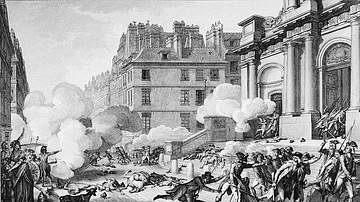
Definition
13 Vendémiaire
The Revolt of 13 Vendémiaire Year IV (5 October 1795) was a royalist uprising in Paris during the French Revolution (1789-1799). In response to the anti-royalist policies of the Thermidorian Reaction, 25,000 Parisians rose in revolt but were...
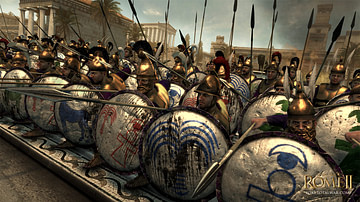
Definition
Battle of the Metaurus
The Battle of the Metaurus (207 BCE) was a military engagement fought between the forces of Rome under Gaius Claudius Nero (c. 237 - c. 199 BCE), Marcus Livius Salinator (254-204 BCE), and L. Porcius Licinius and the Carthaginians under Hasdrubal...

Article
Sulla's Reforms as Dictator
Lucius Cornelius Sulla (l. 138 - 78 BCE) enacted his constitutional reforms (81 BCE) as dictator to strengthen the Roman Senate's power. Sulla was born in a very turbulent era of Rome's history, which has often been described as the beginning...
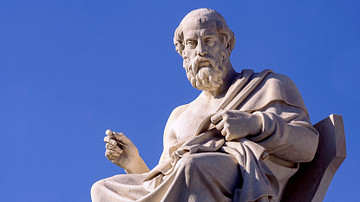
Article
Life of Plato of Athens
Plato of Athens (424 or 423 to 347 BCE) was an ancient Greek philosopher whose work is considered so important that he may be called the inventor of philosophy as we understand the term today. Some people would want to reserve that honor...

Definition
William Cecil, Lord Burghley
William Cecil, 1st Baron Burghley (1520-1598 CE) was Elizabeth I of England's most important minister for much of her reign (1558-1603 CE). Lord Burghley was Secretary of State for both Edward VI of England (r. 1547-1553 CE) and Elizabeth...
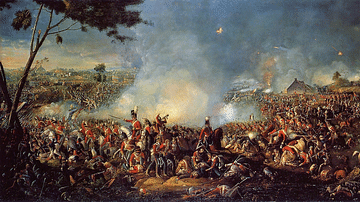
Article
Battle of Waterloo
The Battle of Waterloo (18 June 1815) was the last major engagement of the Napoleonic Wars (1803-1815), fought by a French army under Emperor Napoleon I (r. 1804-1814; 1815) against two armies of the Seventh Coalition. Waterloo resulted in...
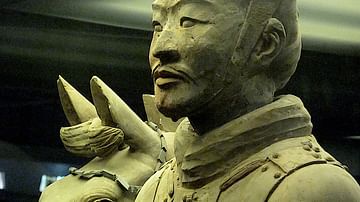
Definition
Ancient Chinese Warfare
In ancient China warfare was a means for one region to gain ascendancy over another, for the state to expand and protect its frontiers, and for usurpers to replace an existing dynasty of rulers. With armies consisting of tens of thousands...

Definition
Jan van Eyck
Jan van Eyck (c. 1390-1441 CE) was a Netherlandish Renaissance painter who was famous in his own lifetime for his mastery of oil painting, colouring, naturalistic scenes, and eye for detail. Amongst his masterpieces are the 1432 CE Ghent...

Definition
Minoan Architecture
The unique contribution of the Minoan civilization to European architecture is possibly most evident in the great palace structures of the major Minoan centres of Knossos, Phaistos, Malia and Zakros. Perhaps influenced by Egypt and the Near...
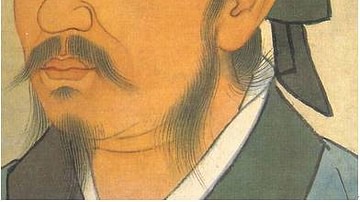
Definition
Xunzi
Xunzi (pronounced shund-zee, l. c. 310-c. 235 BCE) was a Confucian philosopher of the Warring States Period (c. 481-221 BCE) in China. He is also known as Hun Kuang, Hsun Tzu, Xun Tzu, and Xun Kuang. Xunxi translates as Master Xun and is...